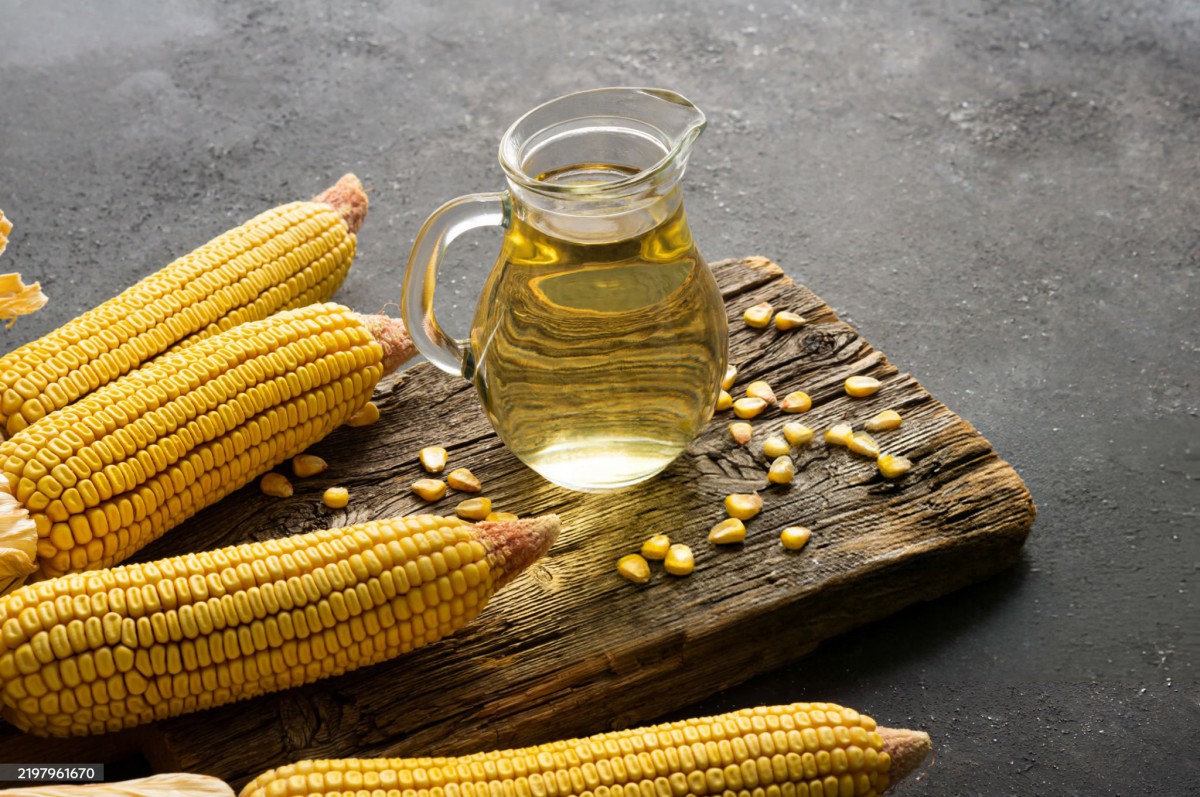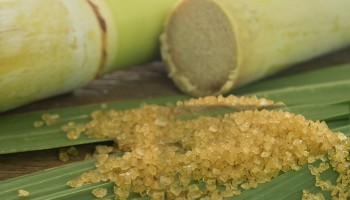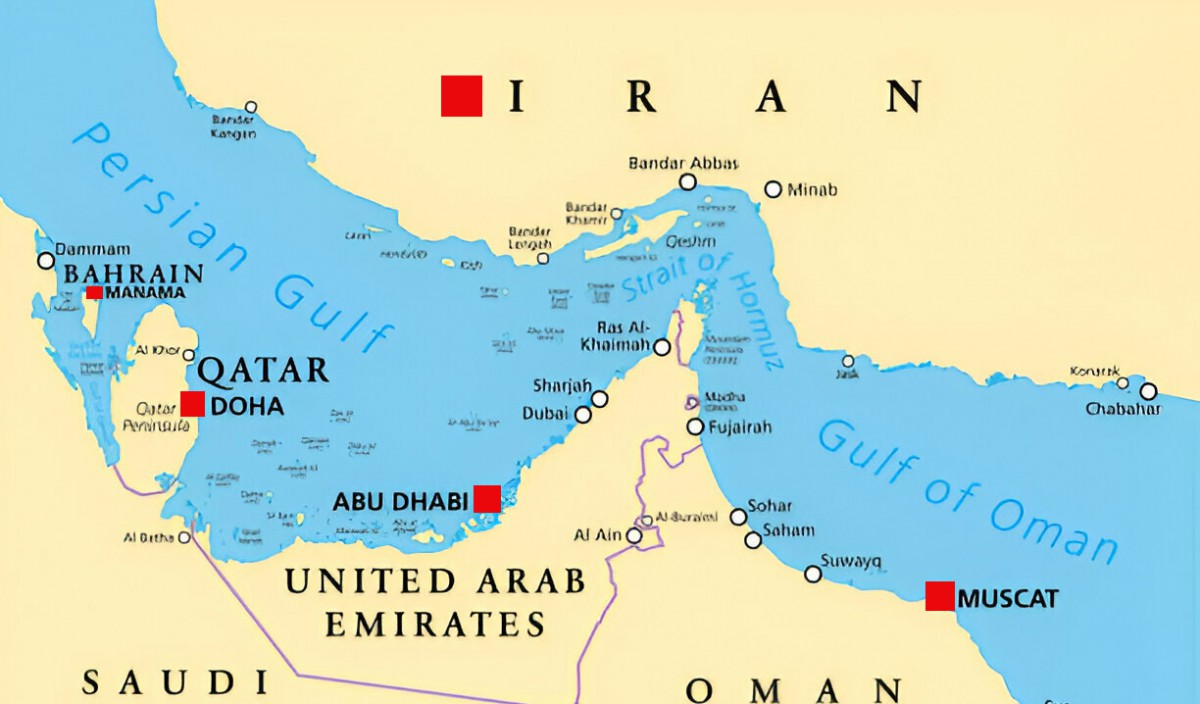The food industry heavily relies on different types of oils for various applications, from cooking and frying to food processing and preservation. As a trader in this field, understanding the market demand, quality standards, and sourcing strategies is crucial for success. In this article, we explore the different types of oils used in the food industry, their applications, and key considerations for trading them.
Types of Oils Used in the Food Industry
Vegetable Oils These include soybean oil, sunflower oil, palm oil, and canola oil, which are widely used for cooking, frying, and food production.
Olive Oil Known for its health benefits, olive oil is commonly used in Mediterranean cuisine and premium food products.
Coconut Oil Used in both food preparation and baking, coconut oil offers unique flavors and nutritional benefits.
Animal-based Oils Oils like butter, ghee, and fish oil are utilized in specific food products and cuisines.
Specialty and Blended Oils High-performance oils such as avocado oil, walnut oil, and blended cooking oils cater to premium markets and health-conscious consumers.

Applications of Food Industry Oils
Cooking and Frying: High-stability oils like palm oil and sunflower oil are preferred for frying due to their resistance to oxidation.
Baking: Butter, margarine, and coconut oil are commonly used for texture and flavor enhancement.
Food Processing: Oils are essential in processed foods like snacks, dressings, and sauces.
Preservation: Some oils serve as preservatives in canned foods and processed items.
Key Considerations for Trading Food Industry Oils
Quality and Certification Ensuring oils meet food safety and international quality standards (ISO, HACCP, FDA approvals).
Market Trends Understanding demand fluctuations, price variations, and consumer preferences.
Sourcing and Supply Chain Establishing reliable suppliers and logistics for seamless global trade.
Sustainability and Regulations Complying with environmental standards and ensuring ethical sourcing practices.
The trading of food industry oils is a dynamic and profitable sector requiring deep market knowledge and compliance with industry standards. If you are looking for high-quality oils for commercial food production or trading, contact us for expert solutions and competitive pricing.








